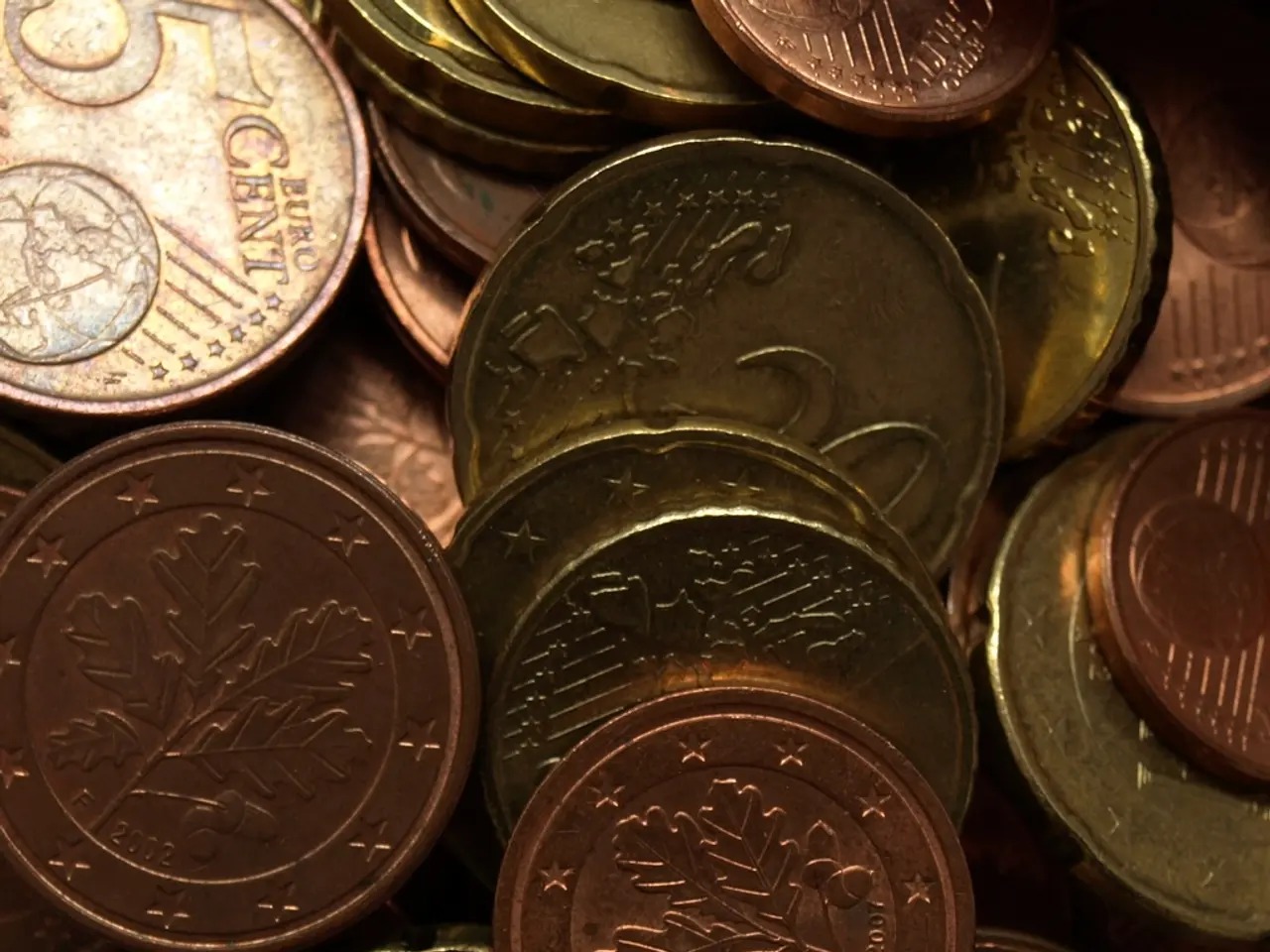Majority of South Koreans Express Desire for Increased Crypto Purchases: Poll Reveals
The South Korean cryptocurrency market is experiencing a significant transformation, with a shift from a predominantly exchange-focused scene to a sophisticated, multi-layered ecosystem. According to a recent survey by the Hana Financial Research Institute, this evolution is driven by growing long-term investor participation and a move towards more diversified portfolios.
Approximately 27% of Koreans aged 20 to 50 currently hold cryptocurrencies, representing over 10 million people. The majority of these investors are men in their 30s and 40s, employed in various sectors. Younger Koreans, particularly those in their 20s and 30s, are increasingly turning to crypto amid economic challenges such as high youth unemployment, soaring housing costs, and stagnant wages. Many view crypto not just as a technology interest but as a vital alternative financial pathway.
Bitcoin remains the most popular cryptocurrency, held by 60% of investors as either a primary or supporting asset. Korean investors typically hold diversified portfolios with at least two coins, often including altcoins and stablecoins. Ethereum assets have significant holdings and stable mainnet participation, while Solana attracts many users but faces higher attrition due to fatigue from trends like meme coins.
There is a shift towards long-term investment strategies, with 34% of investors making regular, incremental purchases, up from 10% in prior years. Demand for financial institution involvement is rising: 42% of investors favor greater bank participation, and 35% want enhanced legal protections and regulatory oversight to feel safer investing. NFTs and security tokens remain niche compared to cryptocurrencies themselves.
Economic pressures and fatigue with short-term speculative trends contribute to the volatility and riskiness perceived in crypto markets. The need for infrastructure improvement and ecosystem maturity is critical to sustain growth and accommodate more sophisticated investment behaviours.
South Korea's crypto market is increasingly demanding more robust regulatory frameworks that protect investors without hampering innovation. Evolving crypto infrastructure includes calls for diversified virtual asset financial products, integrated investment management tools, and deeper collaboration between traditional financial institutions and crypto firms.
Surveys indicate that 70% of crypto holders plan to increase their investments, often motivated by retirement concerns and the search for alternative wealth-building opportunities. The market maturation suggests a future with greater institutional involvement, stronger on-chain ecosystems, and more stable, long-term investment patterns.
In summary, South Korea's crypto market is transitioning from a predominantly exchange-focused scene to a sophisticated, multi-layer ecosystem with growing long-term investor participation. While Bitcoin dominates holdings, diversification into other blockchain assets is expanding. Economic factors and youth demographics heavily influence participation, with ongoing demand for clearer regulations and better infrastructure shaping a future where crypto investment becomes more mainstream and institutionally integrated.
- The shift towards more diversified portfolios in South Korea's cryptocurrency market includes not only Bitcoin, but also other blockchain assets like altcoins and stablecoins, such as Ethereum and Solana.
- As the crypto market matures, there is an increasing trend among South Korean investors to focus on long-term investment strategies, with many planning to increase their investments in cryptocurrencies, often motivated by retirement concerns and the search for alternative wealth-building opportunities.
- The South Korean crypto market is moving towards a more sophisticated ecosystem, with a growing demand for infrastructure improvements, regulatory frameworks that protect investors, and greater involvement of traditional financial institutions to accommodate more robust investment behaviours, including Defi trading and investing in virtual asset financial products.




